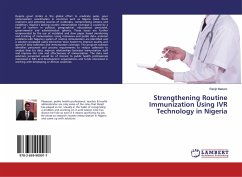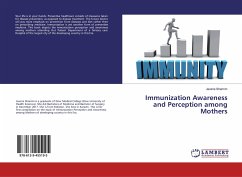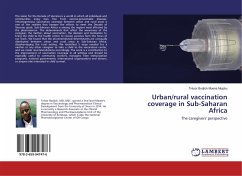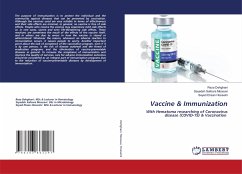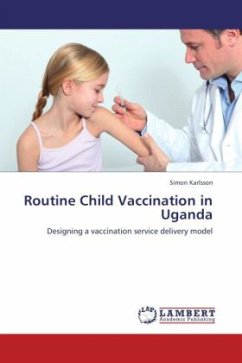Despite great strides in the global effort to eradicate polio, poor immunization coordination in countries such as Nigeria make them reservoirs and potential sources of outbreaks, compromising citizens and neighbors. Nigeria's lacking routine immunization coverage is caused by a host of barriers in political, geographical, educational, personnel, governmental and administration spheres. These issues are further compounded by the use of outdated and slow paper based monitoring and tracking of immunization. Using interviews and public data, endemic problems with Nigeria's system of routine immunization are identified and a solution proposed using Interactive Voice System to improve quality and speed of data collection and immunization coverage. The program solution identifies personnel and process requirements to reduce collection to analysis time for data, improve relationships between immunization staff and improve the rate and effectiveness of immunization. The data and solutions presented would be of interest to public health professionals interested in MIS and development organizations and funds interested in working with developing or African countries.
Bitte wählen Sie Ihr Anliegen aus.
Rechnungen
Retourenschein anfordern
Bestellstatus
Storno

